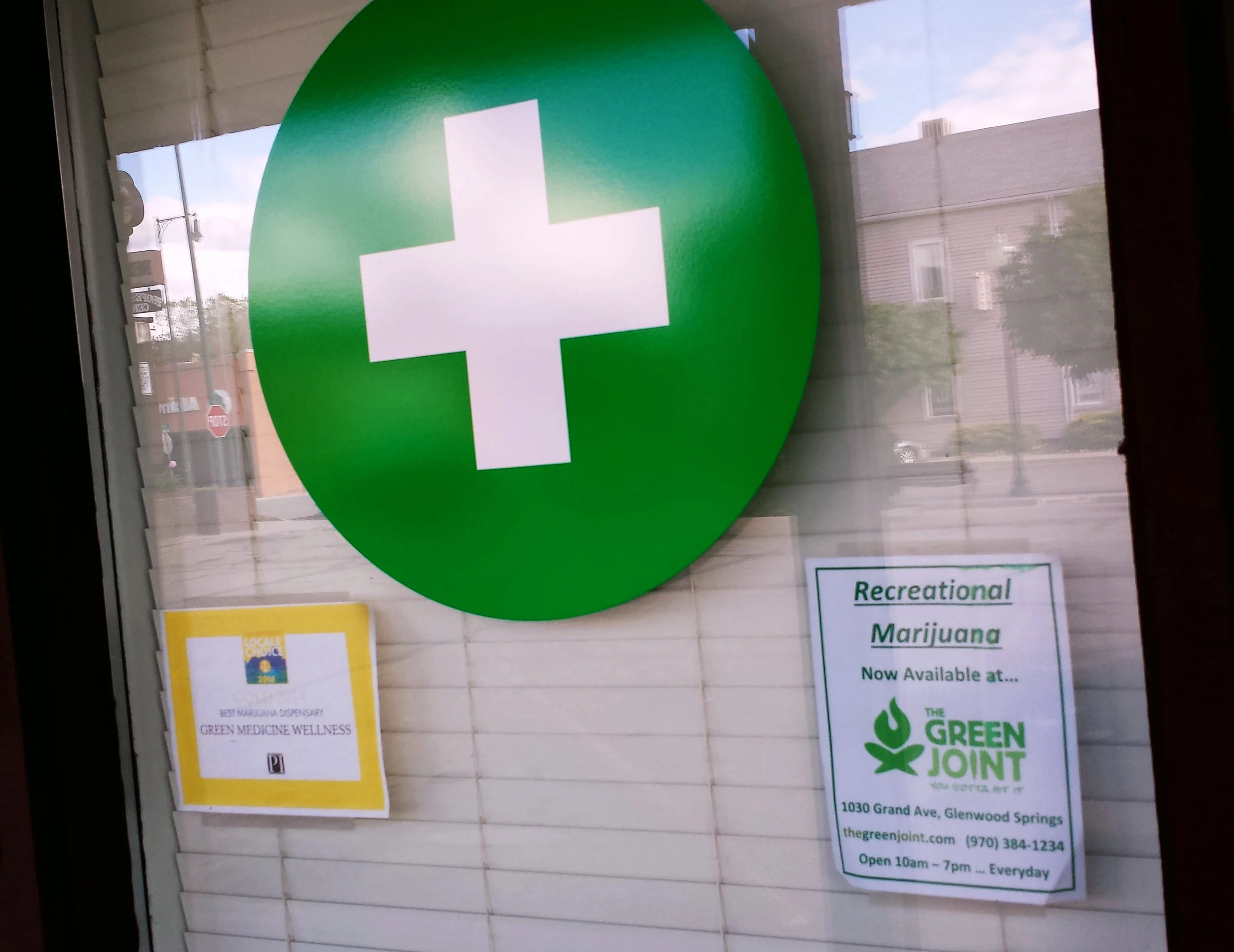Following Derek Chauvin's conviction in the murder of George Floyd, the Justice Department launches a "pattern or practice" investigation into the Minneapolis Police Department.
Read MoreWhat's the meaning of Donald Trump's decision to commute the sentence of Roger Stone? And what went on behind the scenes?
Read MoreThe Trump administration's immigration lawsuits against so-called "sanctuary" jurisdictions pits the Justice Department against the doctrine of federalism, formerly a bedrock principle of conservative ideology.
Read MoreThe thwarted sentencing of Roger Stone kicks off the latest in a series of cascading crises for the integrity of the Justice Department, and it's all we can do to keep up. Dave recaps a week of dramatic and fast-moving events.
Read MoreFormer congressman John Conyers, who died at 90 on October 27, left office under a cloud. But he also left an important legacy for criminal justice reform: the "pattern or practice" statute that gave the Justice Department authority to go after law enforcement agencies engaged in unconstitutional practices like racial profiling.
Read MoreSupervised injection sites provide a venue where addicts can safely use intravenous drugs under medical supervision. The practice saves lives, but in the midst of a deadly opioid epidemic the Justice Department is going after injection sites using laws designed to shut down crack houses.
Read MoreDonald Trump's (thus far unfulfilled) threats of mass immigration raids in major cities have led many to wonder: if ICE comes knocking with a deportation order, do I have to let them in? Unless they have an order from a real judge (not a DOJ-appointed immigration judge), the answer is NO.
Read MoreWhere does U.S. Attorney General Bill Barr get off ordering immigration judges around? Turns out many federal officials commonly referred to as "judges" -- those appointed under Article I -- are actually employed by and accountable to federal agencies (in this case, the Justice Department).
Read MoreAt the start of a new year, producer Josh Raulerson joins David for a recap of 2018's biggest criminal justice stories and a look at what may be in store for 2019.
Read MoreDeputy Attorney General Rod Rosenstein has put cities on notice: don’t try to establish facilities where addicts can inject intravenous drugs safely. What is Rosenstein's justification for this policy? And does the evidence bear it out?
Read MoreU.S. Attorney General Jeff Sessions declared war on legal marijuana in January. How's that working out?
Read MoreDonald Trump demands an internal investigation into whether the FBI planted an informant in his presidential campaign. That duty that falls to the Inspector General of the Justice Department. What does this lesser-known office actually do?
Read MoreThe U.S. Department of Justice enforces the federal Constitution and statutes, and has the lead role in upholding the rule of law. But in the last year and a half, DOJ has received withering criticism and outright denunciation from the president. What’s the impact on the Department, and the rule of law?
Read MoreAs we await the next shoe-drop in the federal investigation of Trump family bagman and would-be consigliere Michael Cohen, a quick primer on attorney-client privilege: how does it work? what does it cover? is it a get-out-of-jail-free card? (spoiler: nope).
Read MoreKen Starr, a guy who knows a thing or two about jurisdictional overreach, says Special Prosecutor Robert Mueller is exceeding his authority in investigating the Trump campaign's dealings with Russia. On this bonus episode: unpacking the exquisite, multi-tiered hypocrisy of Starr's analysis.
Read MorePresident Trump's lawyers are anxious about the prospect of an interview with Special Counsel Robert Mueller. Can they avoid it? Should they try?
Read MoreU.S. Attorney General Jeff Sessions has rescinded an Obama-era policy directing federal prosecutors to de-prioritize enforcement of marijuana prohibition in states that have legalized the drug. Will the new directive slow the growing acceptance of legal weed among voters, states, and mainstream politicians? (Spoiler: It will not.)
Read MorePresident Trump says self-styled "sanctuary cities" are breaking the law. But are cities under any actual obligation to enforce federal immigration law? And is there any evidence for Trump's claim that sanctuary status is linked with higher incidence of crime?
Read MoreWhat will the U.S. Department of Justice look like under President Trump? And how will its role in overseeing local law enforcement change? We unpack a few of the possible scenarios.
Read MoreTo get released before trial, most American courts require defendants to post bail money. For people too poor to raise even the lowest amounts, this means staying in jail while waiting for trial to begin. Regardless of guilt, those with means can walk free to prepare from afar. Staying in jail awaiting trial damages both lives and legal cases: people in custody lose jobs, housing, and property, and statistics show that they end up with longer sentences if they’re found guilty. And all of this costs taxpayers billions. But there's a better way.
Read More



















